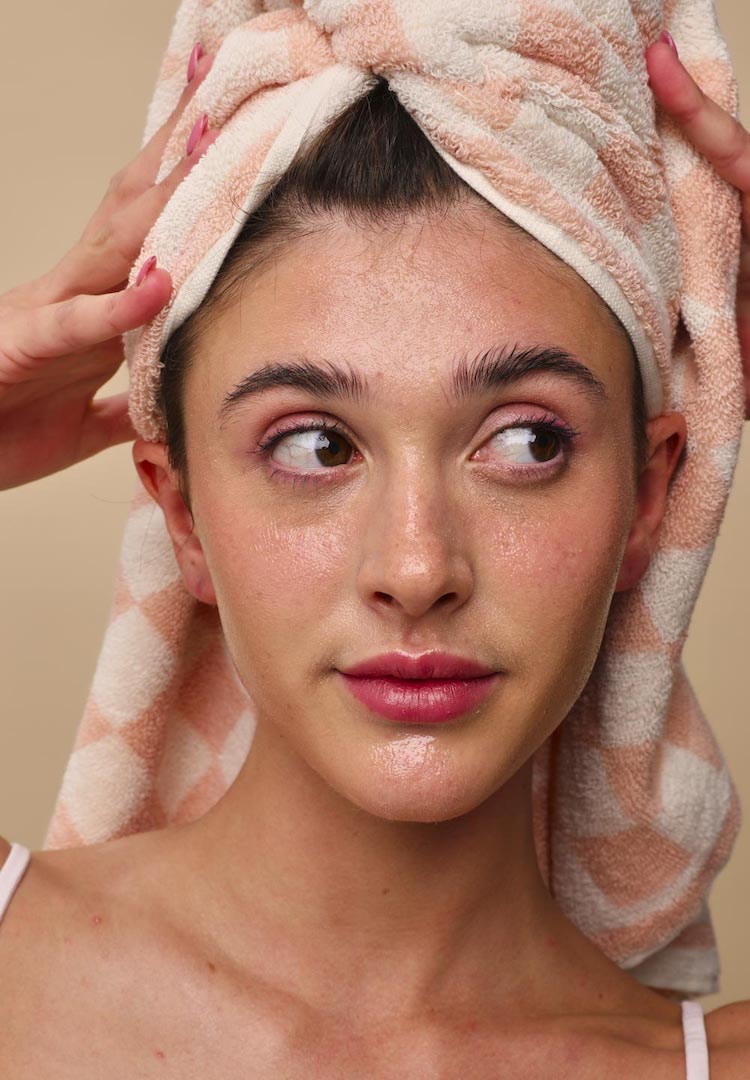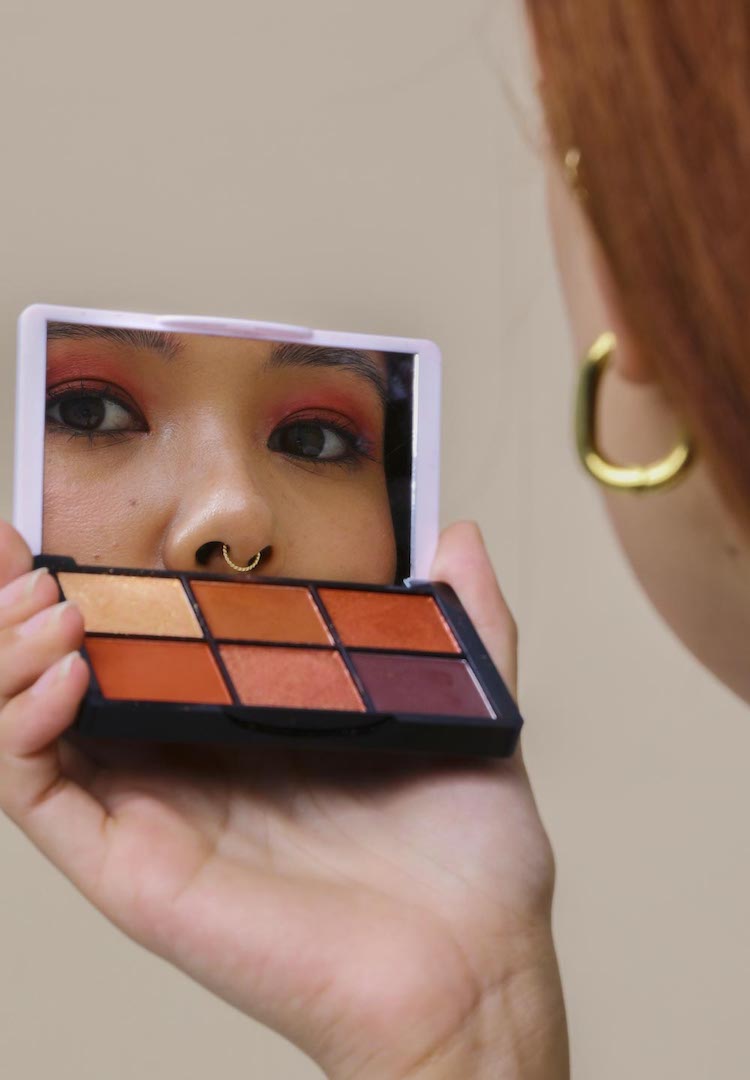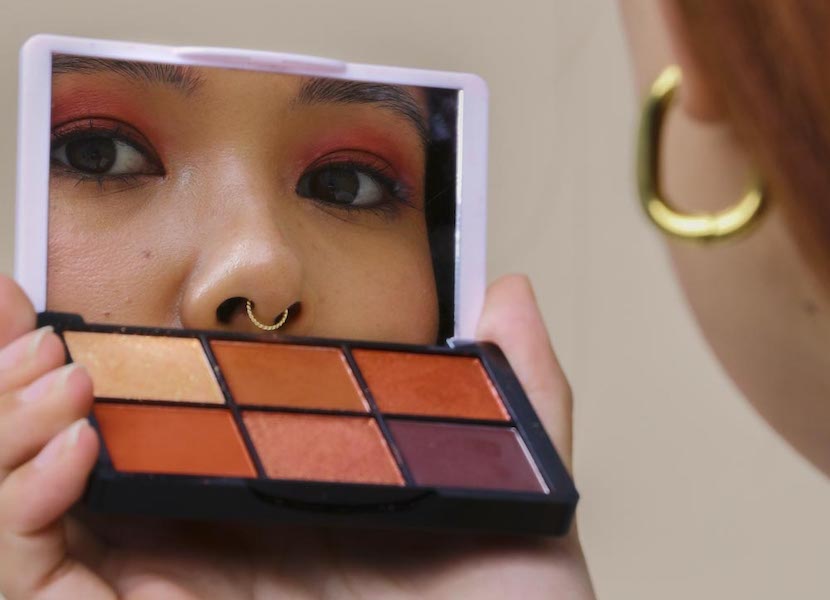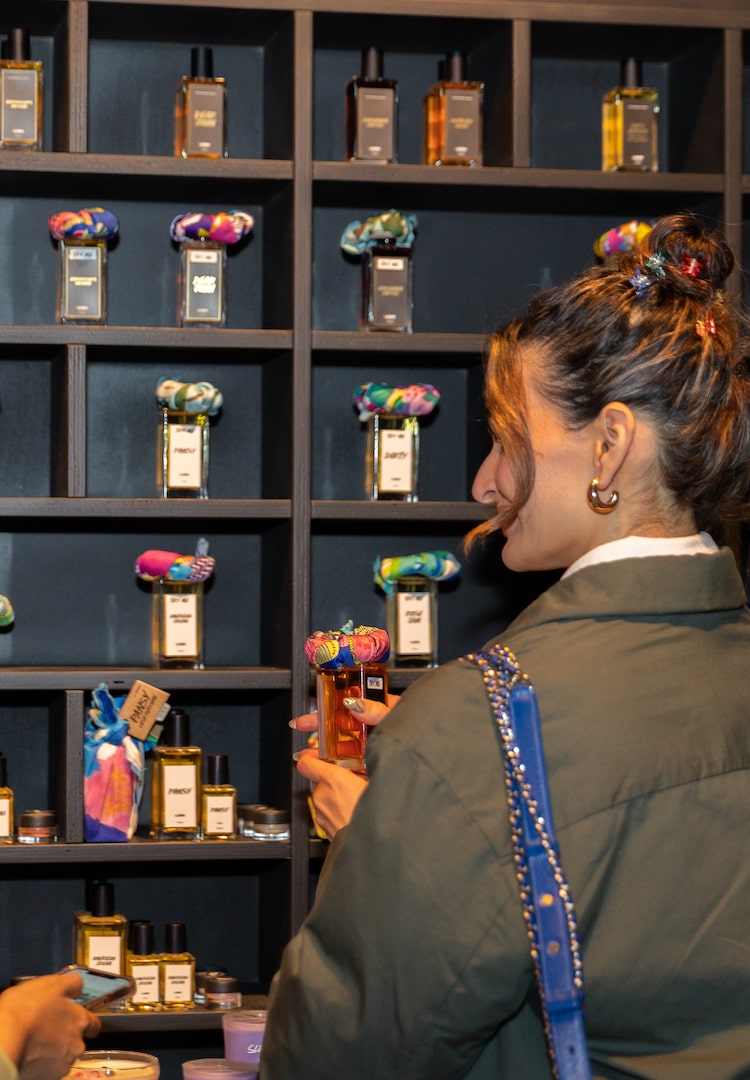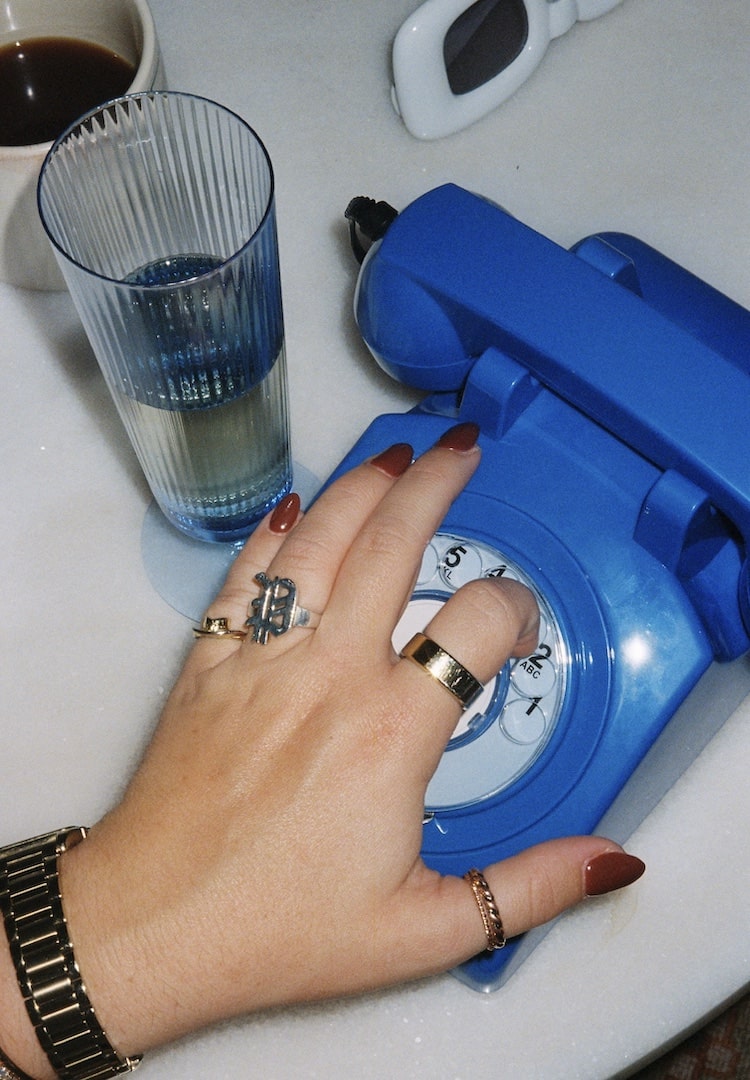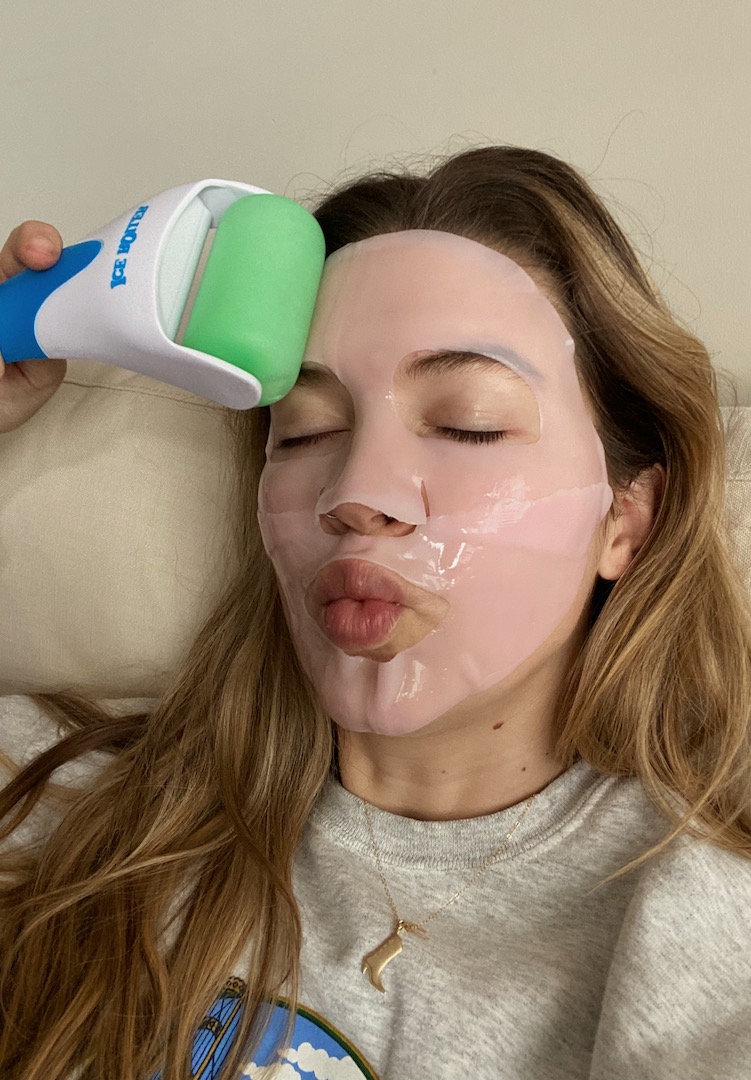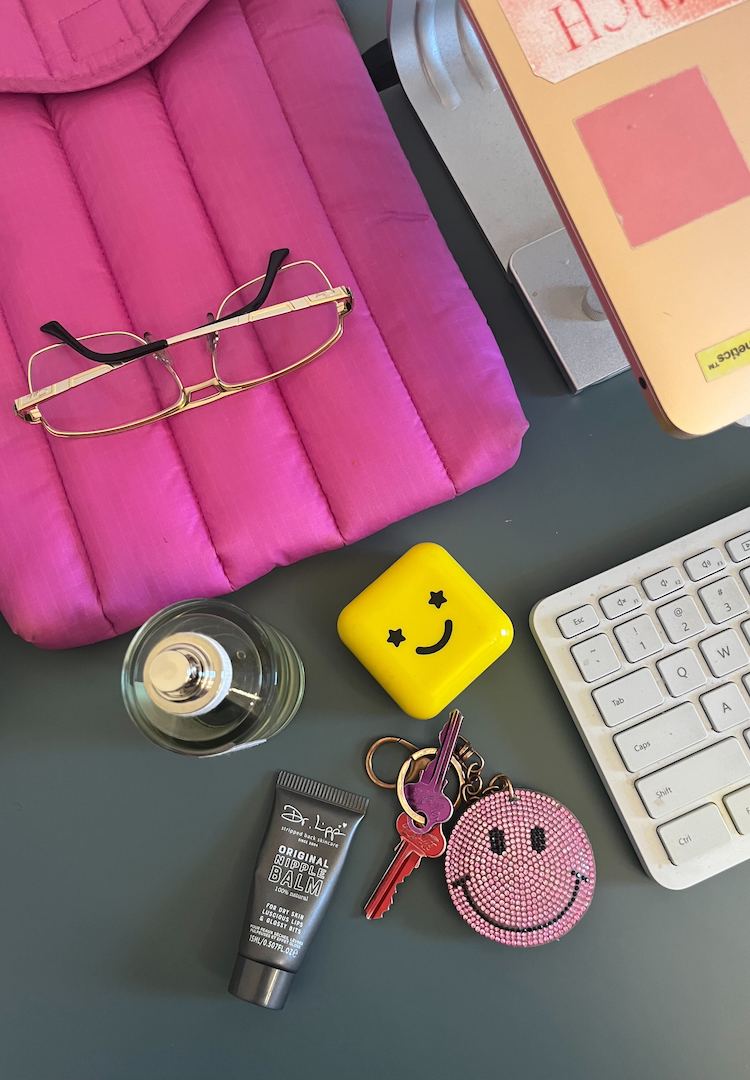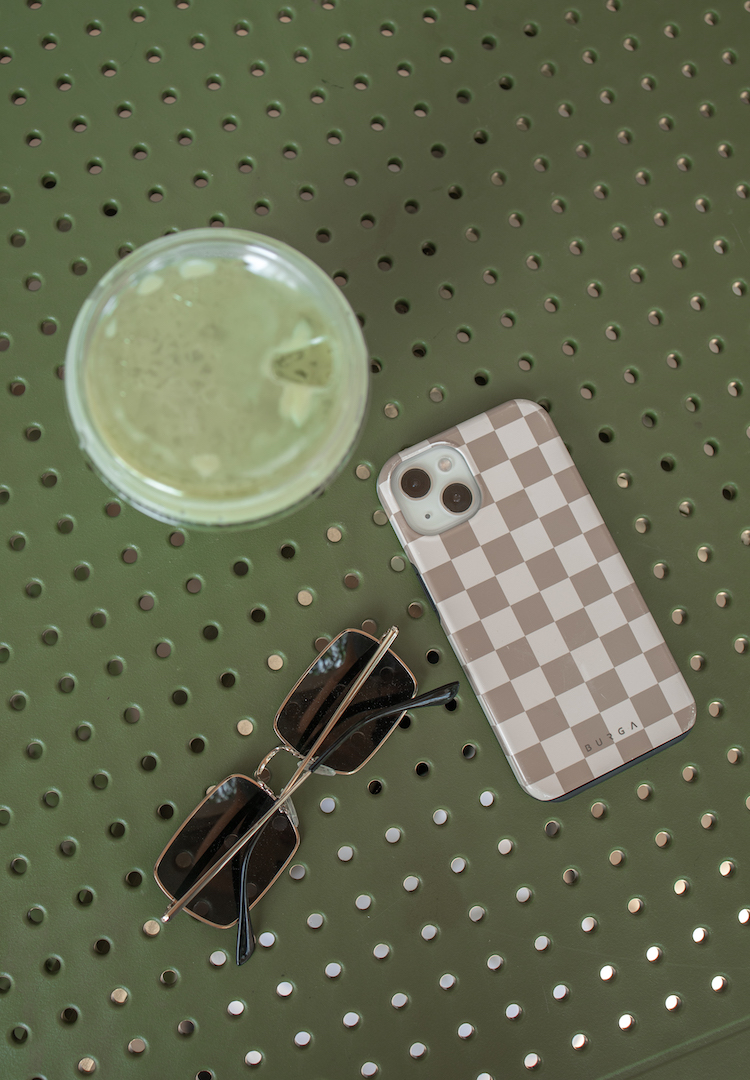How to combat your dreaded ‘ugly’ days, according to a psychologist
IN PARTNERSHIP WITH SWISSE WELLNESS PTY LTD.
PHOTOGRAPHY BY MEGAN ANN COLLANTE
STYLING BY JAM BAYLON
MAKEUP BY GRETA KEDDIE
WORDS BY MAGGIE ZHOU
“Know that it’s okay to not always feel good about yourself.”
I’m afraid to admit just how all-consuming a pimple can be. This tiny raised bump that most people will encounter in their lives has the power to throw my day off. And I know I shouldn’t be saying this – I gratefully live in an era where skin neutrality is thriving, where acne isn’t seen as a shortcoming, but rather, something that comes with having skin and hormones.
Logically, I can try all I want to convince myself that my insecurities are just that – morsels of self-doubt that manifest in picking and prodding at arbitrary parts of myself. I’ve done all the ‘Good Things’. I drink enough water, visit my GP, eat my vegetables and am loyal to my skincare routine.
For more wellness advice, head on over to our Health section.
I’ve done the readings, learnt about chemical peels and even begun to take care of myself from the inside, out with a multi-benefit beauty supplement – my favourite one has over 15 different vitamins to target skin hydration and help prevent skin aging, as well as support energy, stress relief, digestion and debloating.
More than that, I understand that the ebbs and flows of our body and skin concerns are completely normal. My feminist brain knows I shouldn’t be bogged down by the weight of low self-esteem days, but I can’t seem to avoid its stronghold. Neither can 73 per cent of Australians who reportedly wish they could change the way look, according to The Butterfly Foundation.
Brushing off and minimising these insecurities does little to help anybody. The funny thing with what we perceive as our flaws is that they are rarely ‘fixed’ by external tools and cover-ups. Beauty comes from within, so I garnered the help of a psychologist to help me unpack the mental health toll that ‘ugly’ days have on me.
It’s both unsettling and reassuring to realise that these low self-esteem days are common. “Know that it’s okay to not always feel good about yourself,” Lysn psychologist Nancy Sokarno says. “Allow yourself to acknowledge these feelings [and] sit with your emotions.”
While we can try to dismantle these toxic, patriarchal body image beliefs by ourselves, it’s worth remembering entire industries and power structures exist to keep these thoughts ticking.
“There is a huge amount of pressure to fulfil these societal ideals or expectations, often causing us to place our appearance before physical, psychological and overall wellbeing,” agrees Nancy. “This pressure can cause mental health issues which stem from low self-esteem or distorted body image.”
She stresses that strengthening self-esteem is a “journey” and to not expect overnight results. She recommends cultivating regular practices that will, eventually, help lessen the mental health impact that these ‘ugly’ days have.
Write down your thoughts
“One way to help pick yourself up is to write down your feelings – sometimes the act of ‘putting your thoughts out there can help to take those same thoughts from your mind,” Nancy shares. She lets me in on a phrase she often comes back to: “Trying to rationalise your thoughts in an anxious mind is like trying to put up a tent in a tornado”.
In turn, she also suggests writing when you’re feeling good about yourself too. That way, you might start seeing a pattern of behaviours, environments and activities that contribute to better self-worth.
Change the narrative
It’s universally known that we are our own worst critics. It’s a hard truth to shift, but Nancy encourages us to take note of our inner dialogue and to catch ourselves when we notice we’re engaging in negative self-talk.
“Choose words and phrases that will show yourself some kindness,” she says. It might sound naff, but replacing critical thoughts like ‘My nose is too big’ with positive or neutral statements like ‘My nose perfectly balances my face’ or ‘My nose is what makes me unique’ can help shift our self-perceptions.
Practise mindfulness
To combat our overactive and often harsh subconsciousness, Nancy says mindfulness can allow us to stay focused on the present moment while gently taking stock of our thoughts.
“Things like meditation, yoga, affirmations and breathing exercises all allow you to focus on being in the present and appreciating the now. Mindfulness focuses on your perception and attitude which is likely to improve if you’re focusing more on the positive things in life,” she says.
Ask for help
Our circles of influence, whether that be romantic partners, friends or family, can be instrumental in helping us get over the slump of ‘ugly’ days. There’s no shame in asking for help – by opening up and letting your loved ones know you’re dealing with a low self-confidence day, you’re giving them permission to do what they do best: enveloping you in care, kindness and love.
“Friends and loved ones can also support you by adhering to any boundaries that you’ve put in place, such as not commenting [on] food choices or how your skin might be looking,” Sukarno adds.
We all have these days – days where we don’t feel our best, which turn into days that just aren’t our best. Exercising self-compassion and understanding go a long way in untangling the knot between appearance and self-worth. And if nobody has told you today, you look great – not that that’s everything.
For more information about Swisse, head here.

